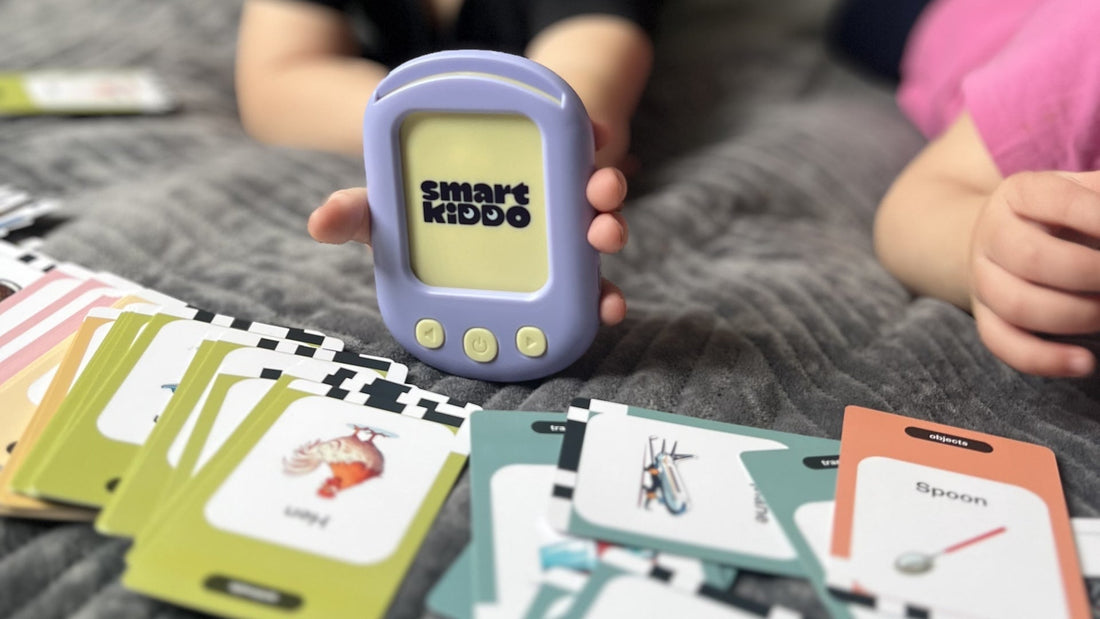
Beyond words: How speech development shapes a child’s future
When we think about speech, we often focus on words — how many a child knows, how clearly they pronounce them, or whether they’re speaking “on time.” But speech is more than just vocabulary. It’s the foundation for self-expression, emotional intelligence, problem-solving, and social connection. Helping kids develop strong speech skills doesn’t just improve their ability to communicate — it gives them the confidence to navigate the world.
The hidden benefits of strong speech skills
Emotional regulation – Kids who can articulate their feelings are less likely to express frustration through tantrums or withdrawal.
Stronger friendships – Conversations are the core of relationships. When kids communicate clearly, they build stronger connections with peers.
Cognitive growth – Speech and thinking are deeply connected. Verbalizing thoughts helps children develop reasoning, memory, and comprehension skills.
Confidence & independence – When kids can express themselves clearly, they feel empowered to share ideas, ask questions, and explore new experiences.
Better academic performance – Strong speech skills improve literacy, comprehension, and problem-solving abilities, setting kids up for success in school and beyond.
Encouraging speech growth through experience
Instead of focusing solely on “teaching” words, the best way to boost speech development is by creating experiences that naturally encourage verbal expression. Here’s how:
1. Give kids the mic
Let kids be the narrator of their own lives. Instead of asking yes/no questions, encourage them to describe their day, retell a funny moment, or make up a story. The more they talk, the more comfortable they become with language.
2. Let them problem-solve with words
Encourage your child to talk through challenges instead of jumping in to fix things for them. “How do you think we should build this tower so it doesn’t fall?” This helps kids develop reasoning skills and verbal confidence.
3. Turn errands into conversations
Grocery shopping? Ask them to describe the colors and shapes of the produce or name their favorite snack. Going on a walk? Talk about what you see. Daily routines offer endless speech-building opportunities.
4. Make speech physical
Speech isn’t just about the mouth — it involves breathing, rhythm, and movement. Singing songs, clapping to rhymes, or acting out words with gestures strengthens verbal coordination and fluency.
Turn speech practice into play
Some kids need extra encouragement to use their words, and that’s where SmartKiddo helps. Designed to spark natural conversations, SmartKiddo provides interactive, screen-free prompts that engage kids in speech-building exercises through storytelling, real-world scenarios, and playful challenges. By making speech practice feel like a game, it fosters confidence and verbal fluency without pressure.
References & Footnotes
- American Speech-Language-Hearing Association (ASHA) – Research on early speech development and its impact on learning.
- National Institute on Deafness and Other Communication Disorders (NIDCD) – Insights on speech delays and language growth.
- Harvard University Center on the Developing Child – How communication skills shape cognitive and emotional development.